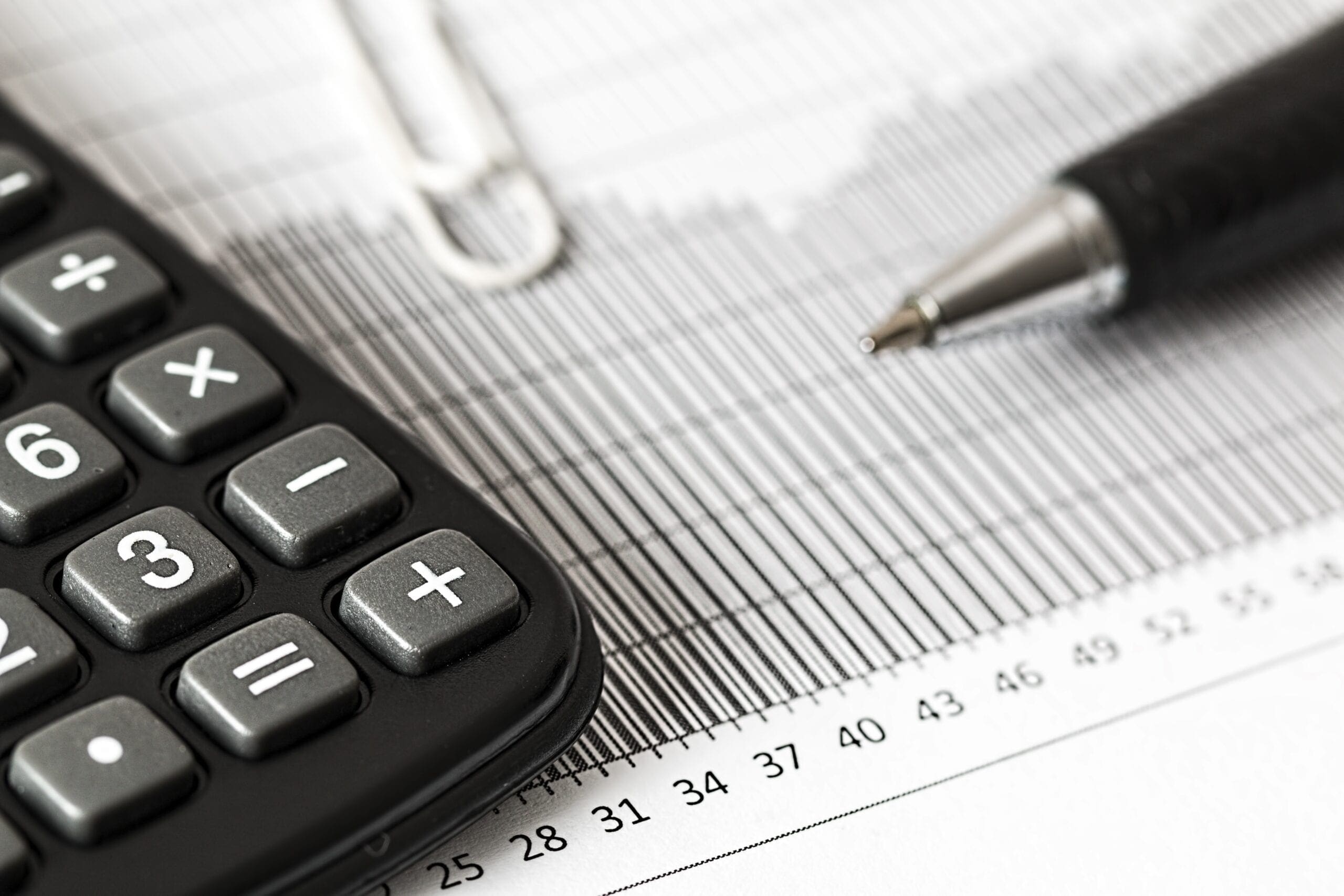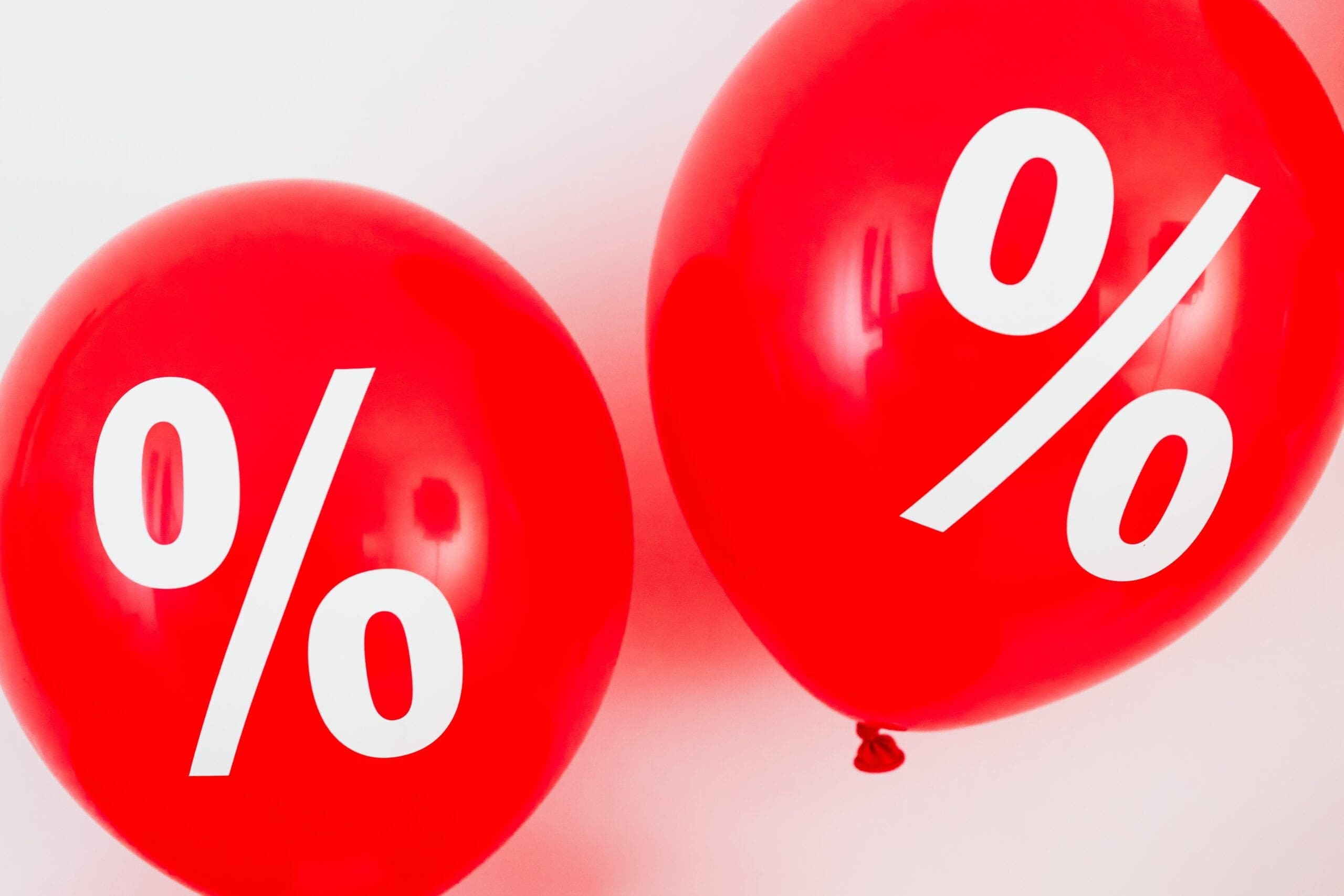You do not need GAP coverage if you are leasing a new vehicle, as the insurance you must carry through your insurance company performs a similar function.
What does it do
If your car gets written off by your insurance company because it is no longer drivable and the cost to fix it outweighs its value (determined by the insurance company) the entire loan must be paid out before it is closed.
If the insurance company pays you out less than what you owe on the loan against your now undrivable vehicle, then you are responsible to make up the difference.
Example
Let’s say that you owe $20,000 on your current auto loan.
You get in an accident and your car is written off by the insurance company.
The insurance company determines that your car was worth $15,000 at the time it was written off and so pays you out $15,000 for the loss of your car.
You apply that $15,000 to the $20,000 you still owe on your car and are left with a balance of $5,000.
You must pay that leftover debt by:
- Paying the amount out of pocket.
- Continuing payments until the balance is $0.
- Refinance this debt into a new vehicle.
You don’t want to have to cancel your family vacation because your car got written off and now you have a large, unexpected bill to pay.
Similarly, you wouldn’t want to continue making payments on a car that you can’t drive.
Refinancing this debt into a new vehicle is an option, but that means you will have a higher payment than you should have because of this added debt.
In the example above, if you had GAP insurance on your loan, the GAP insurance would pay for that $5,000 and you would have a fresh start to buy a new vehicle.
In some cases, your GAP insurance will actually pay your insurance deductible up to a maximum of $1,000.
See the graph below for a visual example.

When you should ALWAYS have GAP Insurance
There are two instances where you should very strongly consider having GAP coverage:
- If you refinance debt from a previous vehicle into a new vehicle loan, you should have GAP coverage.
- If you are purchasing a vehicle that does not hold its value well.
If anything were to happen to your vehicle your insurance company is not going to pay you out for old debt from a previous vehicle. They will pay you for the vehicle you’re driving, but that usually isn’t enough to cover the remainder of your loan.
Also, if your vehicle depreciates more rapidly than you are paying down the loan, you will end up exposed to a potential gap in insurance payments if your vehicle is written off.
The next time you finance a vehicle you should strongly consider putting GAP coverage on the loan as it could save you thousands of dollars and a ton of stress.


